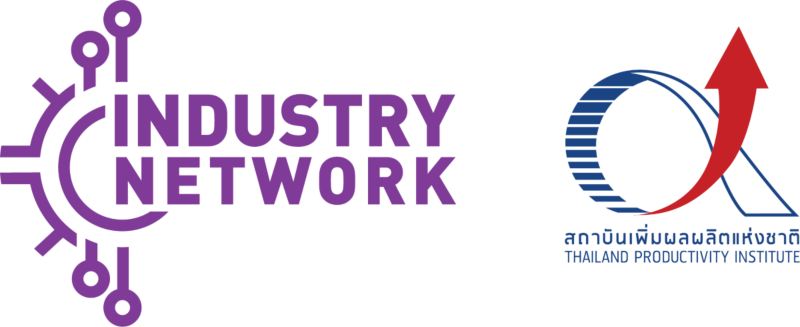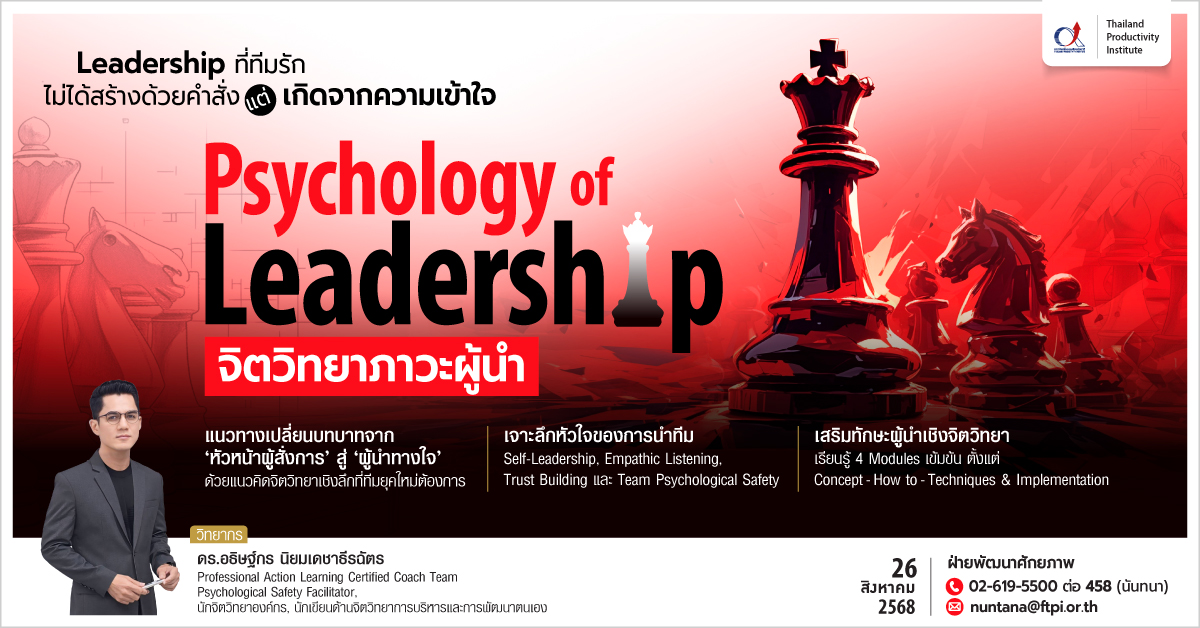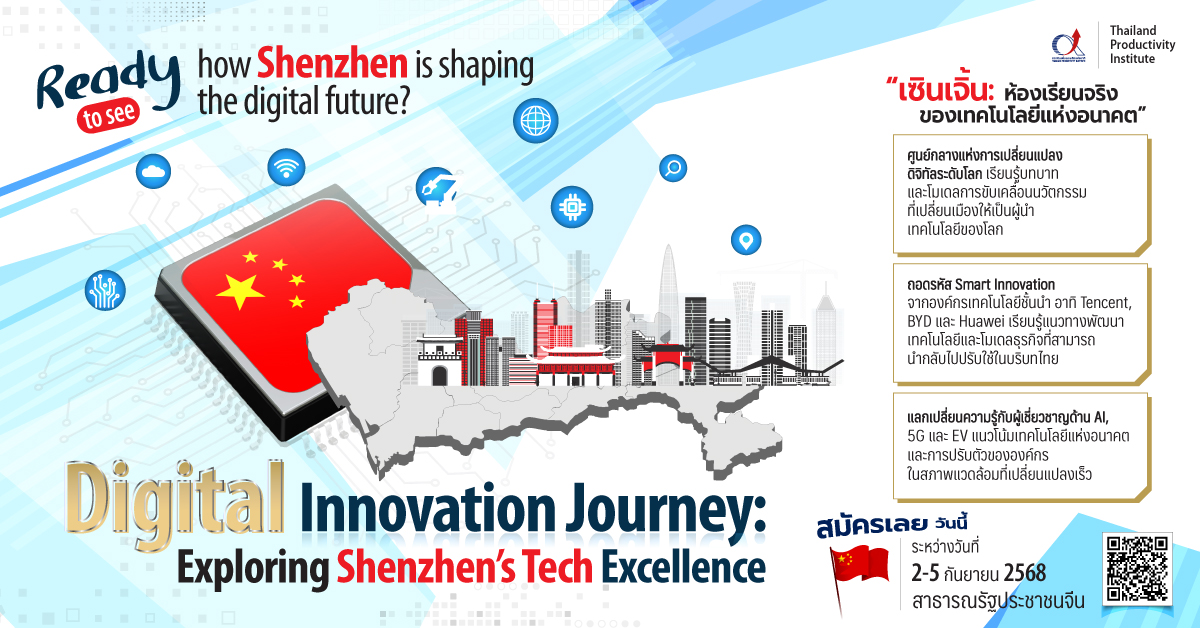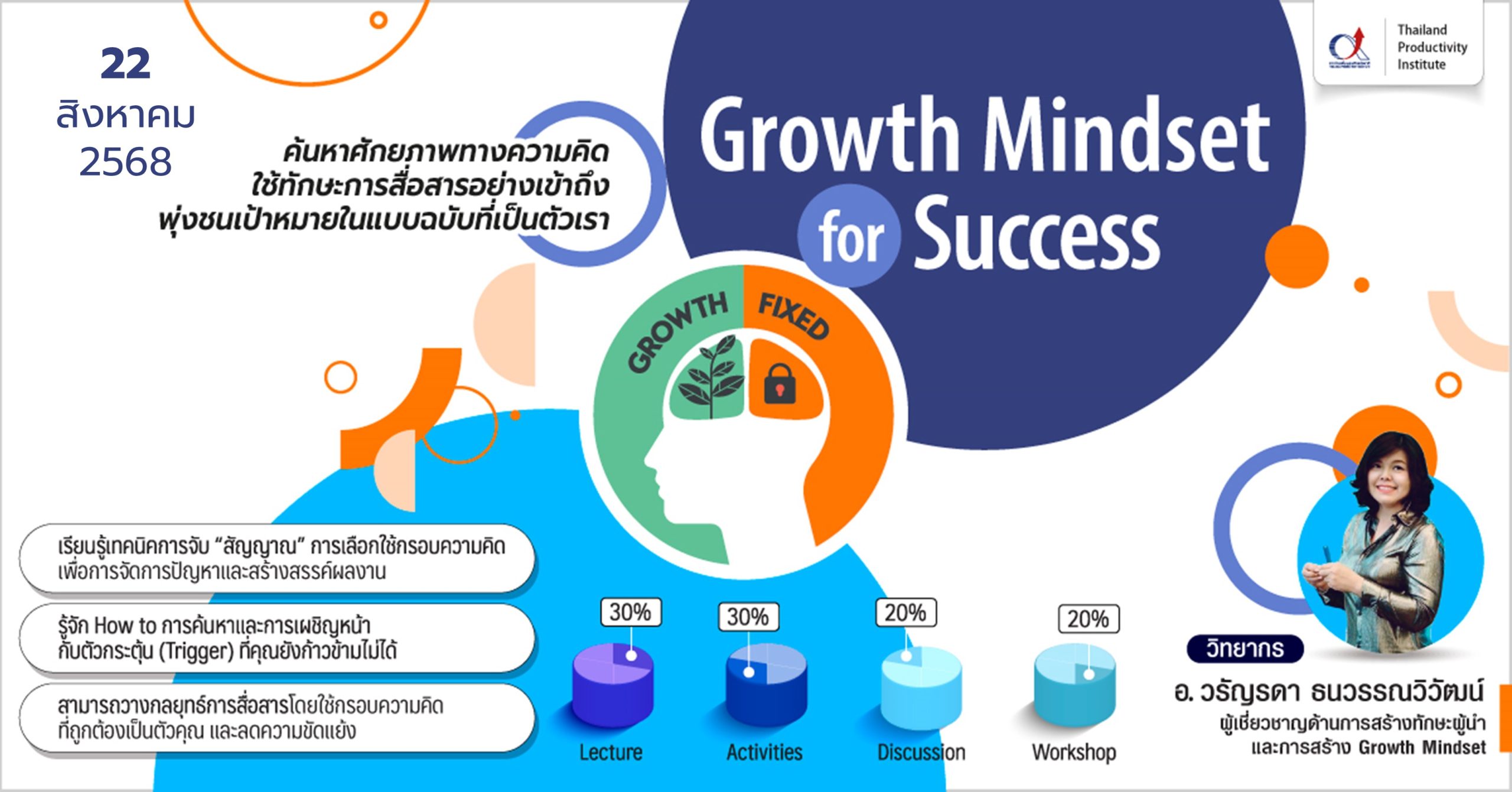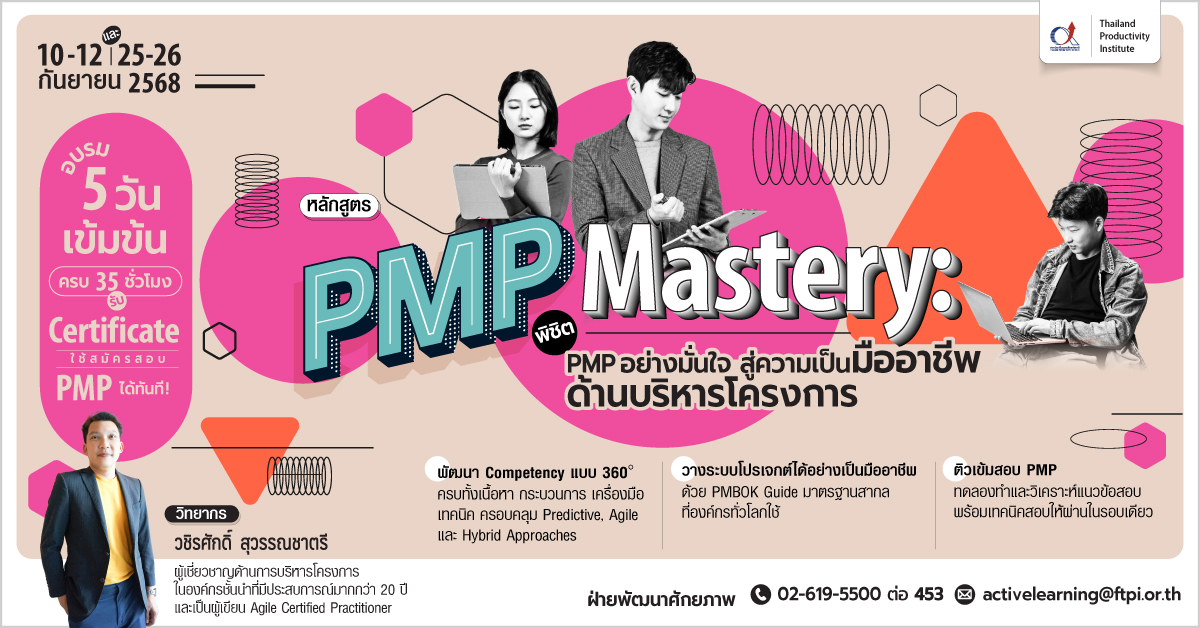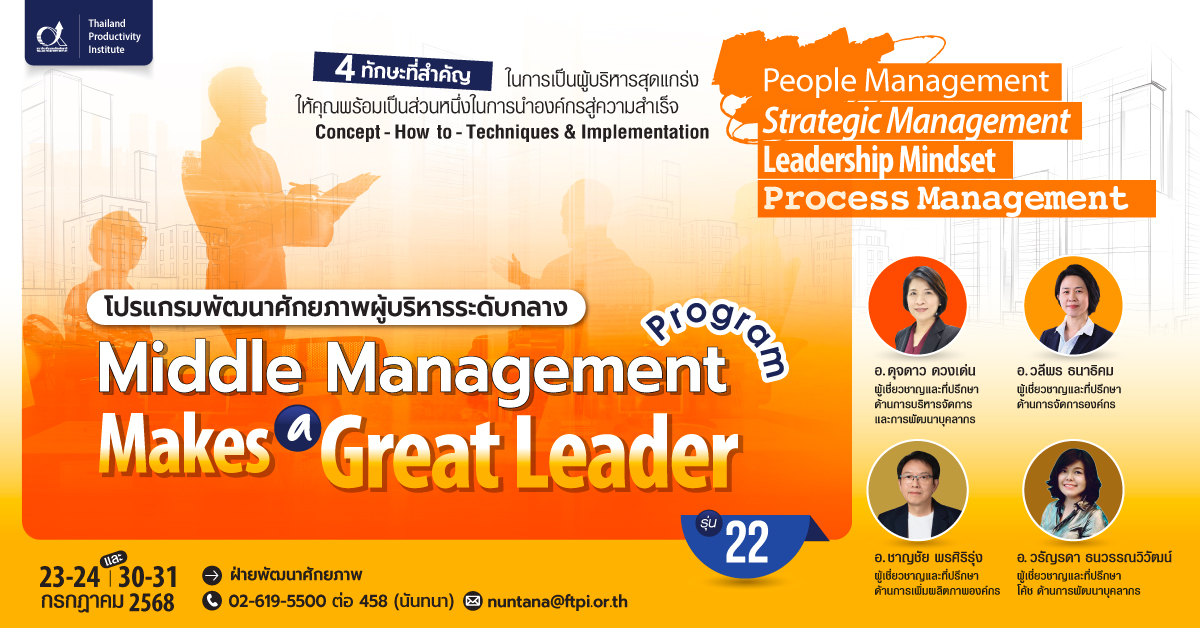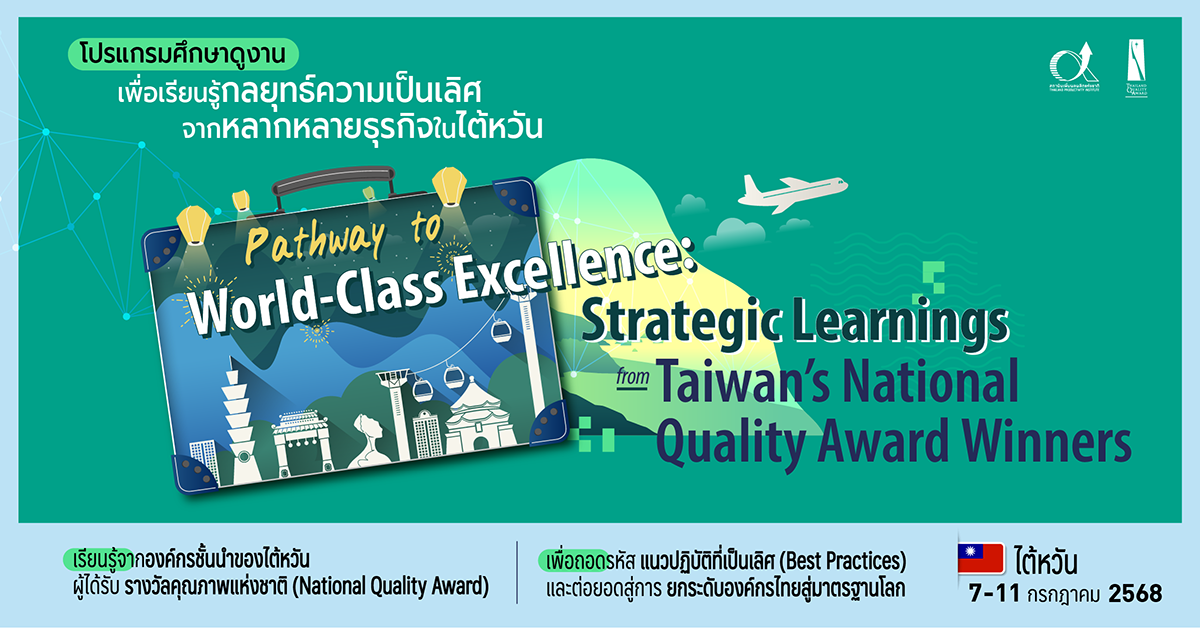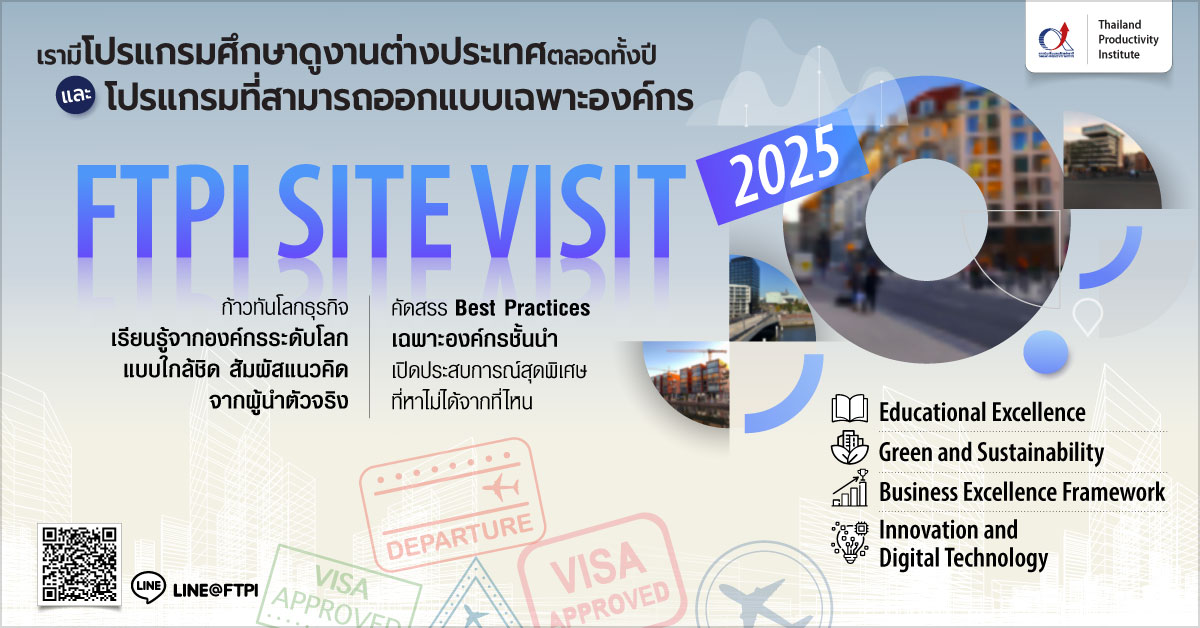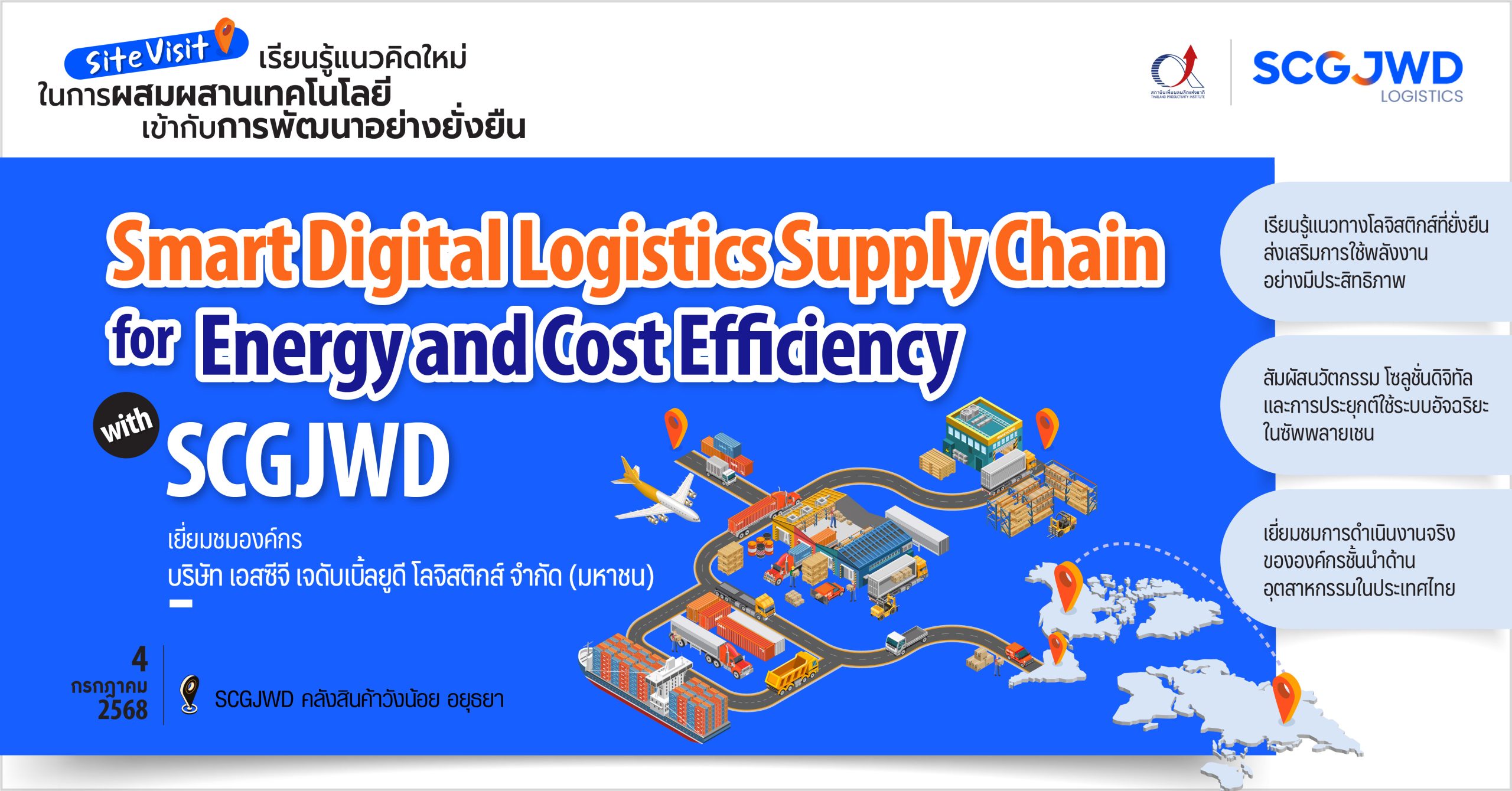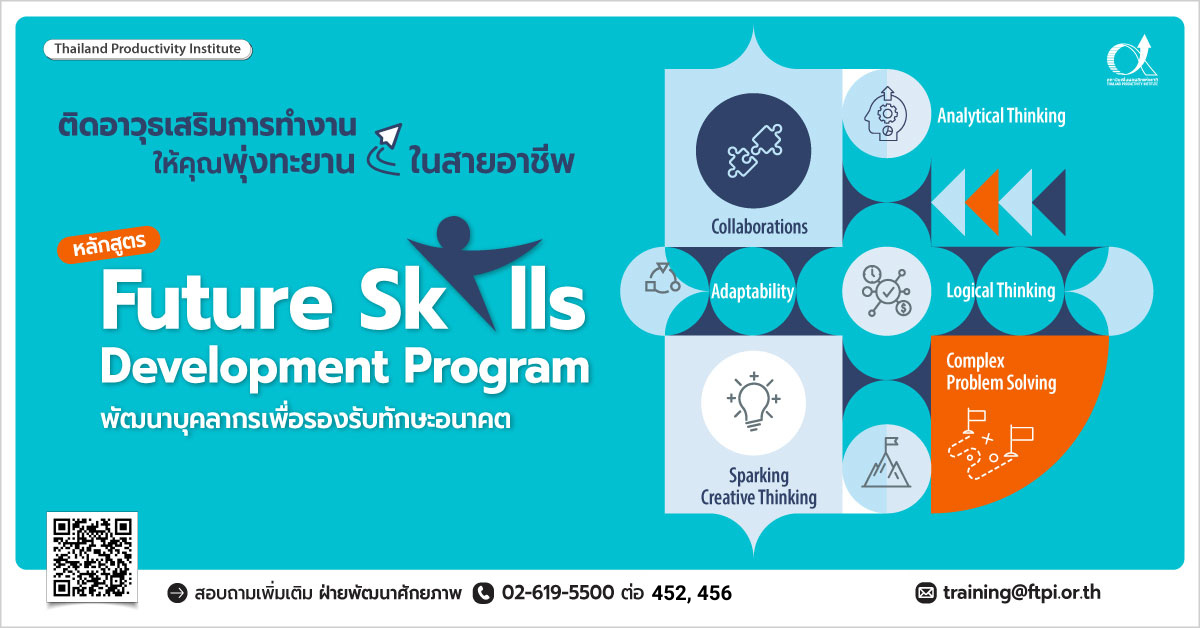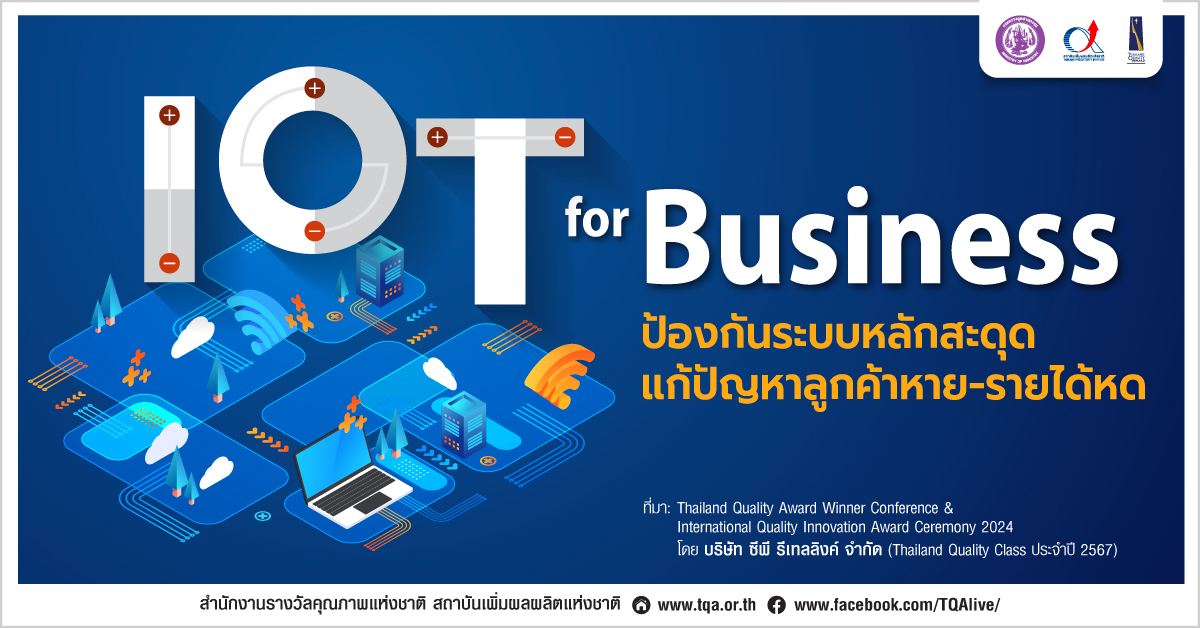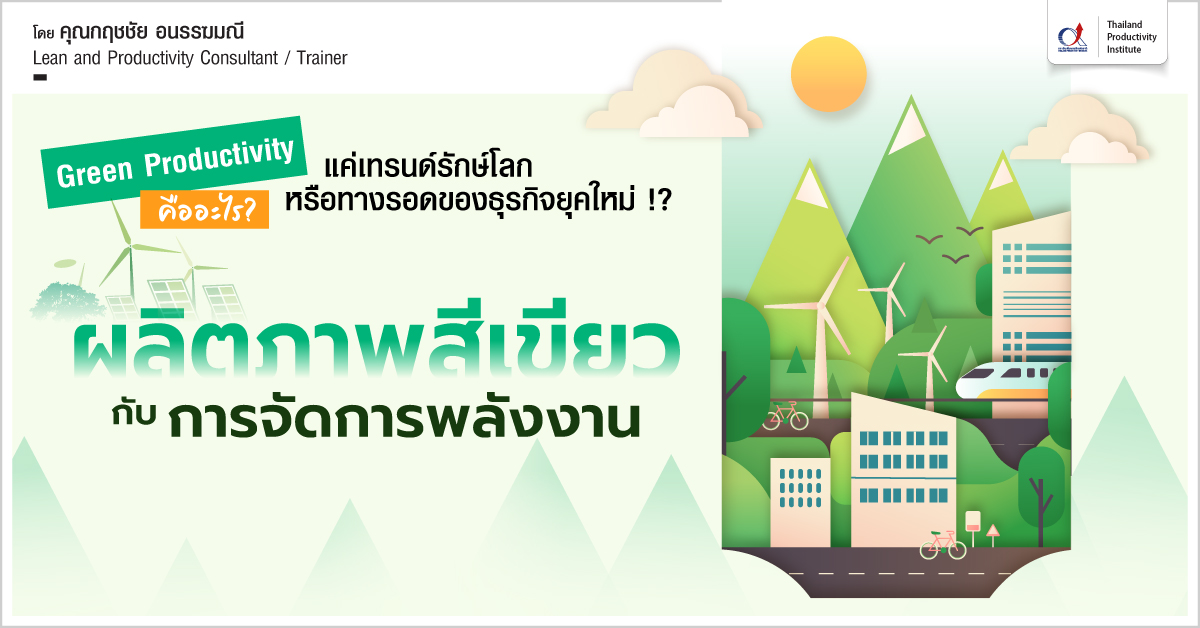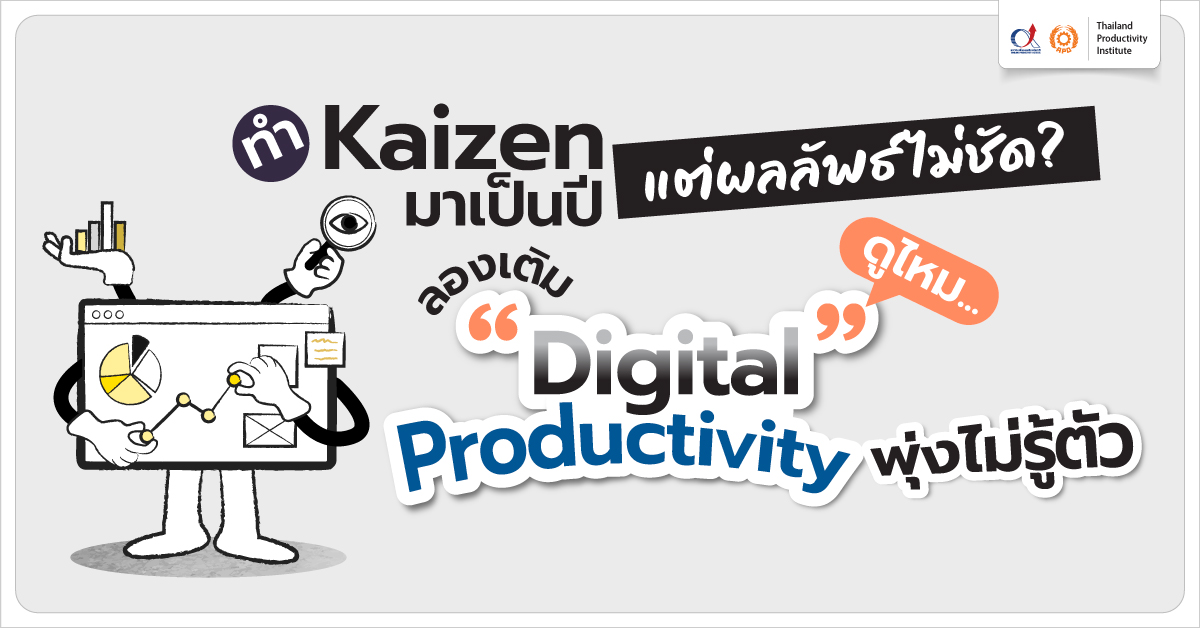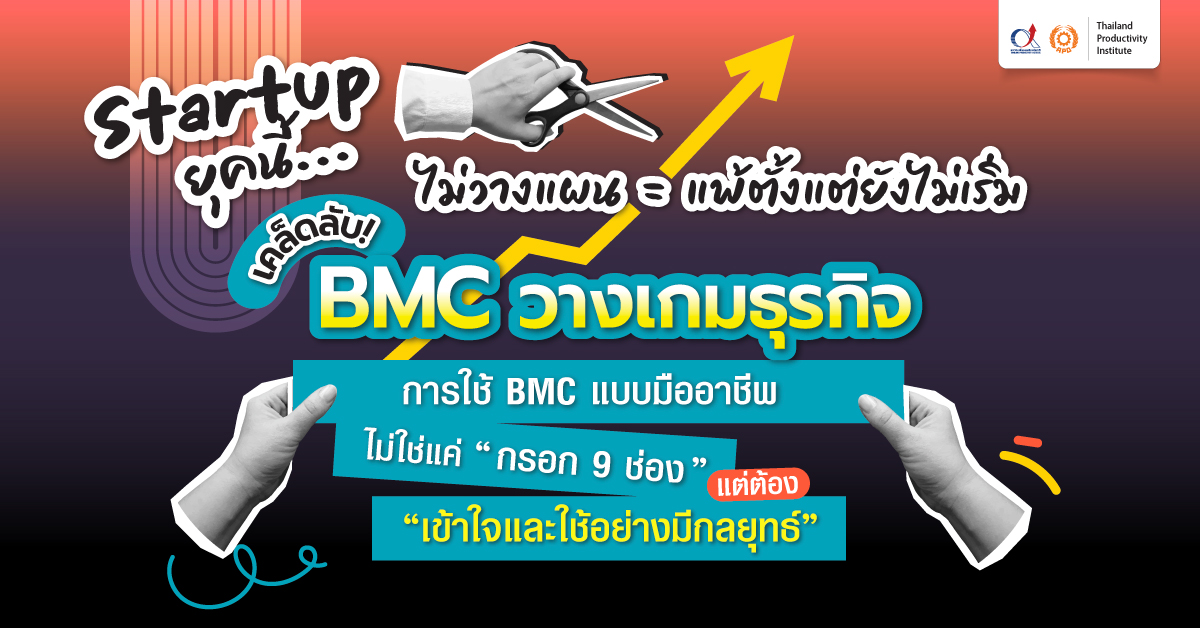
สัมมนาวันที่
11 - 12 มิถุนายน 2562
เวลา 8:00-17:00 น.
โรงแรม ฮอลิเดย์ อินน์ กรุงเทพฯ สีลม
ระยะเวลาอบรม : 2 วัน
วิธีการฝึกอบรม
- บรรยาย
- อภิปราย
- ฝึกปฏิบัติ
ราคาสมาชิก (ไม่รวม VAT) 5,500 บาท
ค่าธรรมเนียม (ไม่รวม VAT)
6,500 บาท
สถาบันจดทะเบียนในนามมูลนิธิ จึงได้รับยกเว้นการหักภาษี ณ ที่จ่าย 3%
- This event has passed.
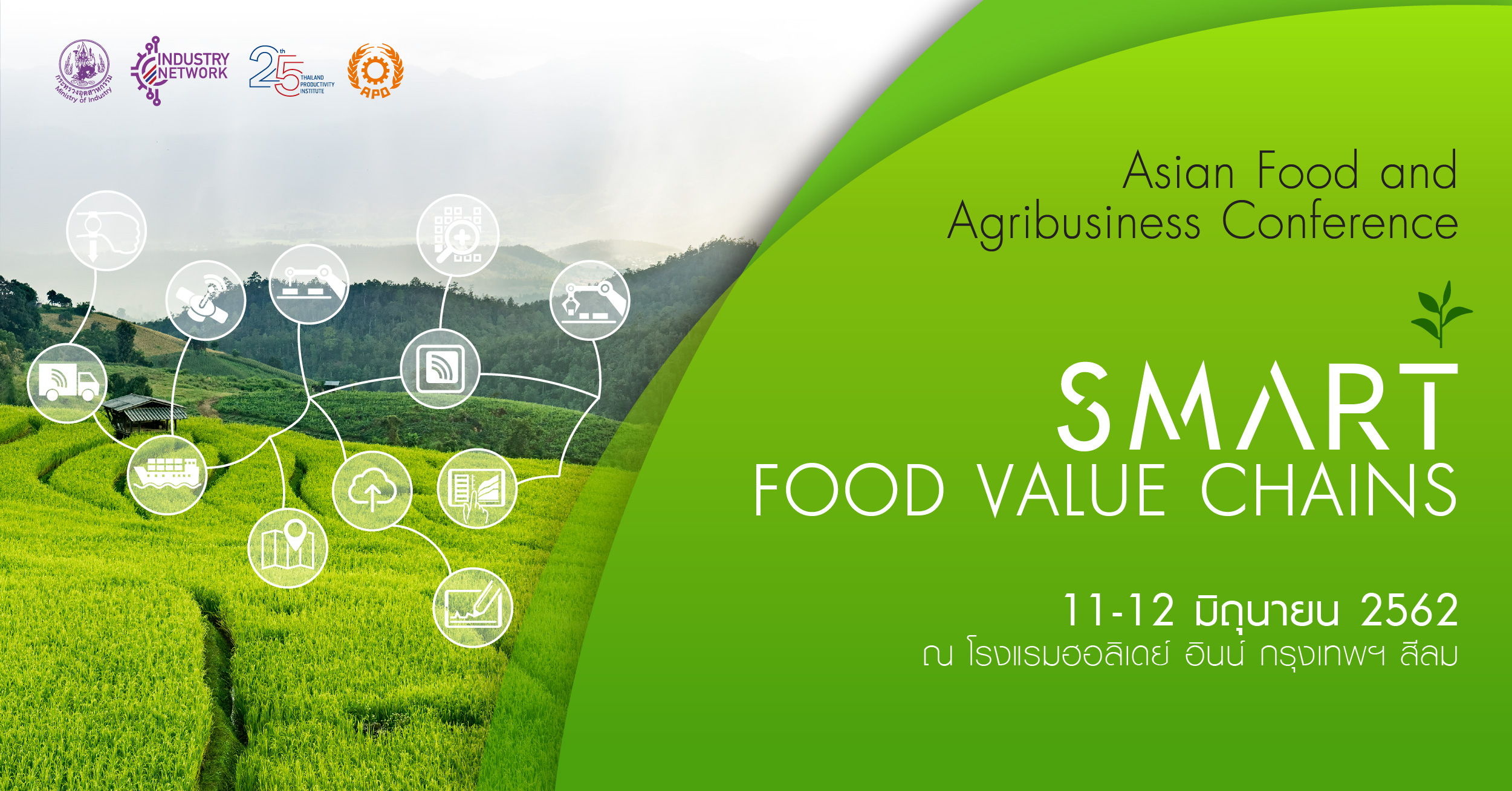
3 Highlights ที่ท่านไม่ควรพลาด!!!
|
Food supply chains เกี่ยวข้องกับกระบวนการต่างๆ ตั้งแต่การผลิตทางการเกษตร การแปรรูป การจัดจำหน่าย Food value chains หมายถึงการสร้างหรือเพิ่มมูลค่าของกิจกรรมความสัมพันธ์ต่างๆ ระหว่างผู้มีส่วนได้ส่วนเสียตลอด supply chain เป็นวิธีการเชิงกลยุทธ์เพื่อเพิ่มมูลค่าผลิตภัณฑ์และการดึงดูดลูกค้า ซึ่งความสำเร็จของธุรกิจ ความมั่นคงทางการเงิน และผลประโยชน์ทางสังคมอาจอยู่ในรูปของความเชื่อมั่นและความภักดีของผู้บริโภคที่เพิ่มขึ้น อย่างไรก็ตาม สิ่งนี้ต้องการกลยุทธ์ทางธุรกิจสำหรับปรับปรุงคุณภาพผลิตภัณฑ์นวัตกรรม การสร้างแบรนด์เข้าสู่ตลาด ตัวอย่างเช่น อาหารออร์แกนิกและอาหารที่ผลิตในภูมิภาคที่ได้รับยกย่องจากลูกค้าว่า เป็นอาหารเพื่อสุขภาพ และมีความปลอดภัยสูง ราคาพรีเมี่ยม ผลิตภัณฑ์ทางการเกษตรที่มีการปลูกและแปรรูปที่สามารถคาดการณ์ได้อย่างแม่นยำ สภาพแวดล้อมผ่านการจัดการ supply chains ยังเพิ่มความเชื่อมั่นให้กับผู้ซื้อ ประกอบกับก้าวหน้าของเทคโนโลยี เช่น blockchains ที่สามารถตรวจสอบกลับมายังเกษตร เทคโนโลยีและนวัตกรรมในการเพิ่มมูลค่าการผลิตและโลจิสติกในรูปแบบใหม่ๆ ในขณะที่ประชากรโลกจะถึง 10,000 ล้านคนภายในปี 2050 ผู้คนต่างกำลังเรียกหาการแก้ปัญหาความมั่นคงด้านอาหาร ผู้ประกอบการบางท่านที่คาดการณ์ไว้ล่วงหน้ากำลังพยายามที่จะรับมือกับความท้าทายด้านอาหารระดับโลกโดยการใช้ประโยชน์จากโอกาสทางธุรกิจในการมองหาวัตถุดิบจากแหล่งอื่น เช่น อาหารแมลงและโปรตีนจากสัตว์ทดแทน
การประชุมสัมมนานานาชาติครั้งนี้ท่านจะได้พบกับ 6 Experts ของ Smart Agrifood ทั้ง Value chains กับ 5 ช่วงการนำเสนอเพื่อ update เทรนด์ เทคโนโลยี เห็น movement การเปลี่ยนแปลง และ Future ของ Smart Agrifood ทั้ง Value chains พร้อมกับการแชร์ประสบการณ์ (Case study) จากตัวแทนกลุ่มประเทศเอเชีย-แปซิฟิก ไม่น้อยกว่า 6 ประเทศ เพื่อการเพิ่มมูลค่าและการสร้างวิธีการอันชาญฉลาดของธุรกิจและประโยชน์โดยรวมของอุตสาหกรรมอาหารและการเกษตร
Agenda
|
08:00–08:30
|
Registration
|
|
|
08:30–09:00
|
Overview of the program and expected outcomes
Introduction of resource persons
|
Jisoo Yun,
Program Officer, APO
|
|
09:00–10:00
|
Opening session
– Dr. Phanit Laosirirat
Executive Director, Thailand Productivity Institute and APO Alternate Director for Thailand
– Ms. Jisoo Yun
Program Officer, Agriculture Department, APO
– To be confirmed
|
|
|
10:00–10:15
|
Networking coffee break
|
|
|
Session 1: Novel technologies to add value to food products
Smart value chains refer to an effective and innovative system where values added and created across the supply chains that involve multiple processes and parties. The values make a difference in price setting and attract consumers to pay higher price. For some agrifood products, the price gap between the production at farms and sales at the market does not remain wide. On the other hand, other agrifood products experience price jumping when moving forward to the supply chains. This is possible when the quality (tasty, appearance, etc) and safety of the food increases. One of the most critical elements that allows food products improvement is technological advances. Agricultural produce cultivated and processed in a precisely controlled environment such as cold chain management increase purchasers’ confidence. Recently, advances like block chains have increased the transparency and traceability of agricultural produce and logistics, suggesting a new method of value addition supported by technology.
Chairperson: Dr. David Hughes
|
||
|
10:15- 10:55
|
Presentation 1-1. Increasing food safety and quality with advanced logistics management system for perishables
|
Mr. Motoyuki Hazu, Executive Officer,
Overseas Business Development Division, Nichirei Logistics Group Inc., Tokyo
|
|
10:55-11:35
|
Presentation 1-2: Blockchains for food traceability and supply chain management innovation
|
Mr. Anndy Lian
CEO, LINFINITY, Singapore
|
|
11:35-12:15
|
Presentation 1-3. Creating values in agri supply chain from land to consumers through computer-based control system
|
Mr. Aaron Magenheim
CEO, Ag Tech Insight, California, USA
|
|
12:15-12:35
|
Open forum: Q & A, comments, and suggestions
|
Facilitated by
Chairperson. Dr. David Hughes
|
|
12:35-13:30
|
Networking lunch break
|
|
|
Session 2: Innovative approaches to developing and marketing agrifood products
Food product values are created when companies develop products of consumers’ demand. Recently many food companies analyze big data for their research & development as well as marketing strategy. By analyzing people’s consumption history and behavior, the agrifood SMEs can dig out the hidden needs and consumption pattern, which leads to new product development and create values in agrifood industry. Innovative marketing strategies and enhancing brand image are another way of value addition. Marketing is closely related to market identification and targeting the right customer base that the food company feels confident with for its strength. This session will raise awareness on data use for food product development and provide insight for enhancing marketing creativity.
Chairperson: Mr. Motoyuki Hazu
|
||
|
13:30-14:10
|
Presentation 2-1. A model of food value chain development of Bieze Food, the Netherland
|
Mr. Michiel de Bruijne
Director, Value Chain Development, Bieze Food Group, the Netherland
|
|
14:10-14:50
|
Presentation 2-2. High-end food for general consumers: the role of market identification and consumer management
|
Dr. David Hughes,
Emeritus Professor of Food Marketing at Imperial College London, and Visiting Professor at the Royal Agricultural University, U.K
|
|
14:50-15:05
|
Networking coffee break
|
|
|
15:05-15:45
|
Presentation 2-3. Marketing strategies for agrifood products (To be confirmed)
|
|
|
15:45-16:25
|
Presentation 2-4. (To be confirmed)
|
|
|
16:25-16:45
|
Open forum: Q & A, Comments, and suggestions
|
Facilitated by
Chairperson, Mr. Motoyuki Hazu
|
Day 2: Wednesday, 12 June 2019
|
08:45-09:15
|
Registration
|
|
|
Session 3: Strategic alliances for value maximization
In food businesses, added values could take the form of increased consumer trust and loyalty, allowing producers to charge higher prices. Collaboration of the parties in the supply chains is a way to make a synergy effect to maximize customers’ satisfaction and build customer loyalty. For example, farmers who grow organic produce or local specialty products build strategic alliances with local SMEs and/or leading companies in the agrifood industry. Such alliance facilitates place and promotion of the products and allows reasonable price setting in an established system of the collaborated company. In this way, people’s consumption welfare for accessibility and affordability increase, which leads to higher customer satisfaction and value maximization. In this session, insightful approaches for strategic alliance will be presented and discussed.
Chairperson: Mr. Aaron Magenheim
|
||
|
09:15-09:55
|
Presentation 3-1. Vertical integration of agrifood supply chains and strategic collaboration for increasing food value
|
Dr. Hugh Bigsby,
Dean, Faculty of agribusiness and commerce, Lincoln University, New Zealand
|
|
09:55-10:35
|
Presentation 3-2. Establishing value chain ecology for regionally produced food: partnerships with local SMEs
|
Dr. David Hughes,
Emeritus Professor of Food Marketing at Imperial College London, and Visiting Professor at the Royal Agricultural University, U.K
|
|
10:35-11:10
|
Networking coffee break
|
|
|
11:10-11:50
|
Presentation 3-3. (To be confirmed)
|
|
|
11:50–12:20
|
Open forum: Q & A, Comments, and suggestions
|
Supported by Mr. Michiel de Bruijne
|
|
12:20–13:20
|
Networking lunch break
|
|
|
Session 4: Foresight on smart food value chains: noble food and disruptive challenges
Innovative use of alternative food sources creates new value. As the world population will reach 10 billion by 2050, people are calling for solutions to food security issues. Some forward-looking entrepreneurs are attempting to address the global food challenge and take advantage of business opportunities by utilizing alternative sources such as insect food and plant-based animal protein replacements. Accordingly, smart food value chains are being established in such noble food industry. On the other hand, technologies for individual-level of cultivation will be touched to share the insights on its impact on agrifood supply/value chains and new type of value chains.
Chairperson: Dr. Hugh Bigsby
|
||
|
13:20-14:00
|
Presentation 4-1. Emerging food trend: the transformation has already started
|
Mr. Michiel de Bruijne
Director, Value Chain Development, Bieze Food Group, the Netherland
|
|
14:00-14:40
|
Presentation 4-2. Bringing disruptive technologies and a new model for agrifood value chains
|
Mr. Aaron Magenheim
Chief Executive Officer
Ag Tech Insight, California, USA
|
|
14:40–15:10
|
Open forum: Q & A, Comments, and suggestions
|
Supported by Mr. Anndy Lian
CEO, LINFINITY, Singapore
|
|
15:10-15:25
|
Networking coffee break
|
|
|
Session 5: Sharing country experience
Agrifood market and its supply chains vary depending on the country’s social and economic status and situation. The varieties existing from production to sales allow in-depth sharing on different food value chains in APO member countries. Some advanced Asian countries use their agrifood technologies across the agrifood supply chains for quality products. Other APO member countries have their own tactics that are locally customized and contextualized to increase the product value and appeal to the customers. Environmental setting such as pristine natural resources becomes the region’s/ country’s premium in establishing smart food value chains. This session is to review the APO member countries’ actual experiences on development of agrifood supply/ value chains to share insights, learn strengths and overcome barriers.
(Selected country experiences will be presented by participants.)
Chairperson: Jisoo Yun
|
||
|
15:25–16:40
|
Country presentations
Selected country experiences will be presented by participants. Presentation title will be informed later.
|
(To be confirmed)
|
|
16:40–17:10
|
Open forum: Q & A, Comments, and suggestions
|
Facilitated by Dr. Hugh Bigsby
Dean, Faculty of agribusiness and commerce, Lincoln University, New Zealand
|
|
Japan
|
Mr. Motoyuki Hazu
General Manager, Overseas Business Development Division
Nichirei Logistics Group Inc.
6-19-20 Tsukiji, Chuo-ku, Tokyo
|
|
Netherlands
|
Mr. Michiel Leonard de Bruijne
Director Value Chain Development
BFG
Galvanistraat 16, 3861 NJ Nijkerk
|
|
New Zealand
|
Dr. Hugh Bigsby
Dean and Professor, Faculty of Agribusiness and Commerce
Lincoln University
C102, 1st Floor, Commerce Building, PO Box 85084, Lincoln 7647
Christchurch
|
|
Singapore
|
Mr. Anndy Lian
CEO
LINFINITY Pte Ltd
1 Scotts Road Shaw Centre #20-03/04 Singapore 228208
|
|
UK
|
Prof. David Hughes
Emeritus Professor of Food Marketing
Imperial College London
South Kensington Campus, London SW7 2AZ
|
|
United States
|
Mr. Aaron Magenheim
CEO and Founder
AgTech Insight
820 Park Row #534 Salinas, CA 93908 USA
|
ค่าใช้จ่ายในการสัมมนา
|
ค่าใช้จ่ายในการอบรม
(ต่อคน)
|
ราคาปกติ
|
เมื่อสมัครและชำระเงิน
ภายในวันที่ 31 พ.ค. 2562
|
|
สมาชิกสถาบันเพิ่มผลผลิตแห่งชาติ
|
5,500
รวม vat 7% = 5,885
|
5,000
รวม vat 7% = 5,350
|
|
บุคคลทั่วไป
|
6,500
รวม vat 7% = 6,955
|
6,000
รวม vat 7% = 6,420
|
- สถาบันจดทะเบียนในนามมูลนิธิ จึงได้รับยกเว้นภาษีหัก ณ ที่จ่าย 3%
- ราคาอาหารว่าง อาหารกลางวัน และเอกสารประกอบการสัมมนา (ถ้ามี)
วิธิการสมัครและชำระเงิน
- สั่งจ่ายเช็คในนาม “มูลนิธิเพื่อสถาบันเพิ่มผลผลิตแห่งชาติ”
หรือ “Foundation for Thailand Productivity Institute”
- โอนเงินผ่านธนาคารกรุงเทพ สาขาอาคารยาคูลท์ สนามเป้า
ชื่อบัญชี “มูลนิธิเพื่อสถาบันเพิ่มผลผลิตแห่งชาติ” บัญชีออมทรัพย์ เลขที่ 210-0-50861-9
- ส่งใบสมัครและหลักฐานการชำระเงินมาที่หมายเลข 0-2619-8070, 0-2619-8096 หรือ
E-mail: publicseminar@ftpi.or.th
เงื่อนไข
- กรณีที่ไม่สามารถเข้าร่วมสัมมนาได้ กรุณาแจ้งยกเลิกเป็นลายลักษณ์อักษร ภายในวันที่ 3 มิถุนายน 2562 มิฉะนั้นสถาบันขอสงวนสิทธ์ในการคืนเงินค่าสัมมนา
สอบถามรายละเอียดเพิ่มเติม
